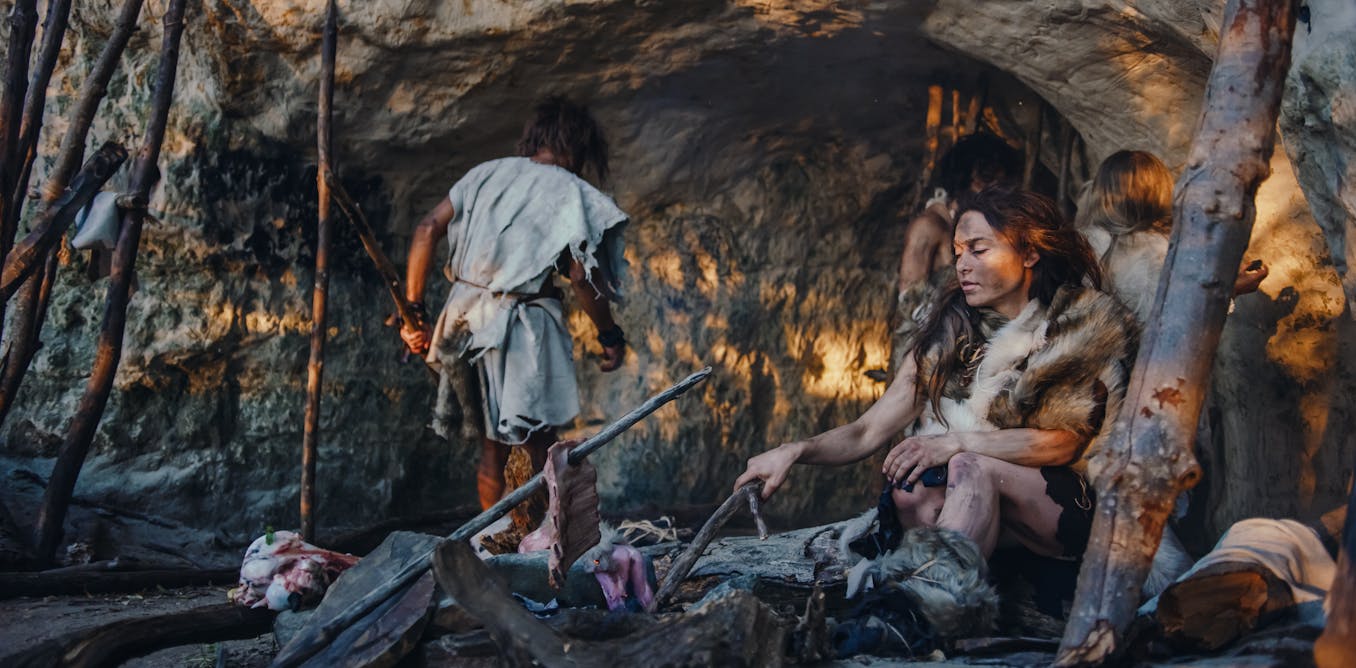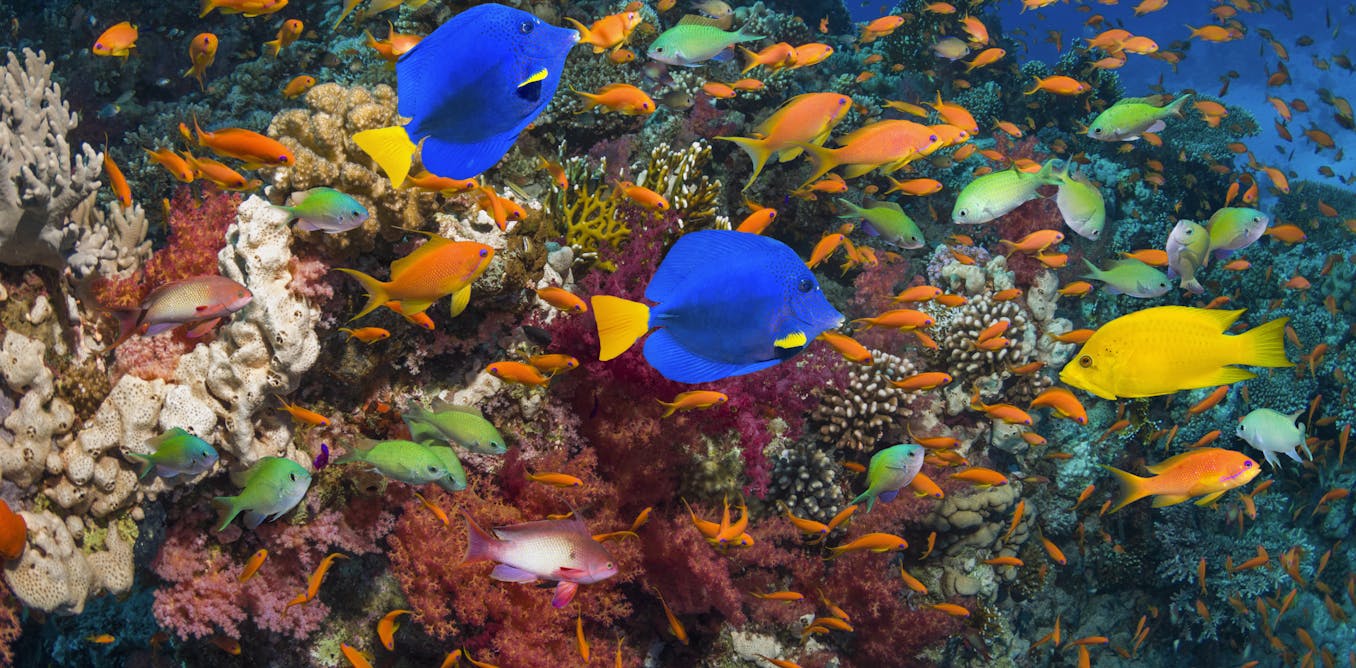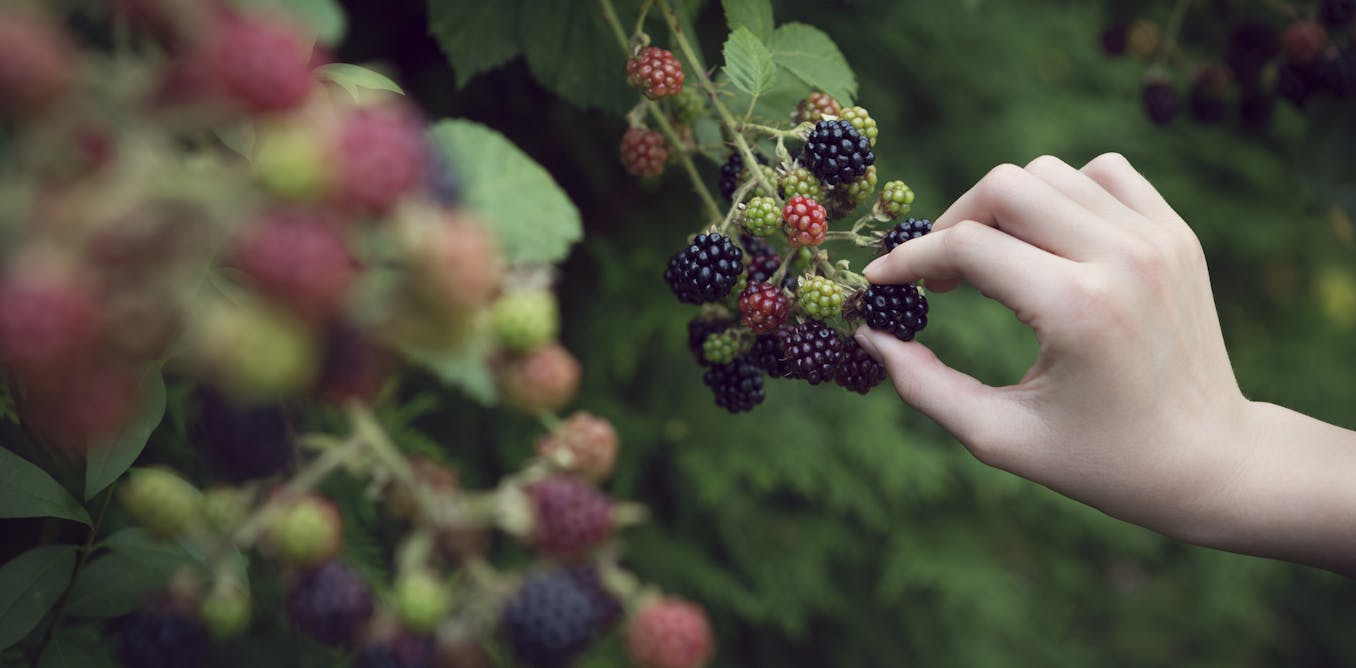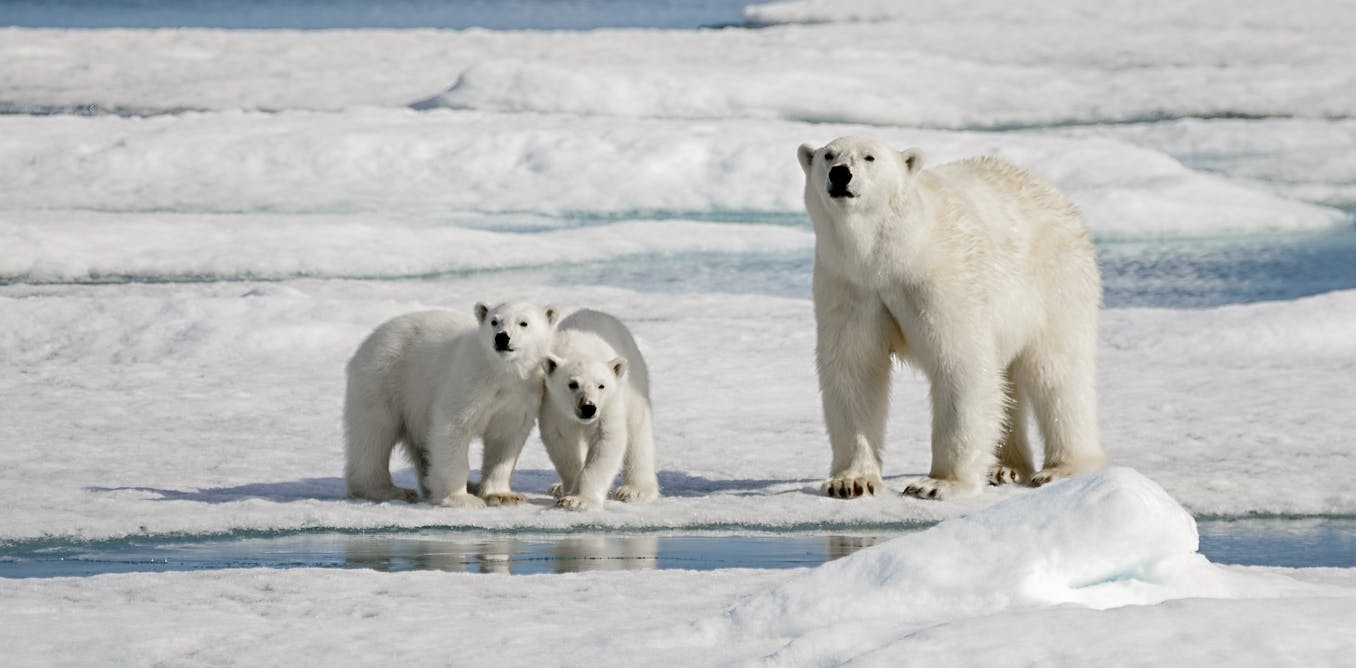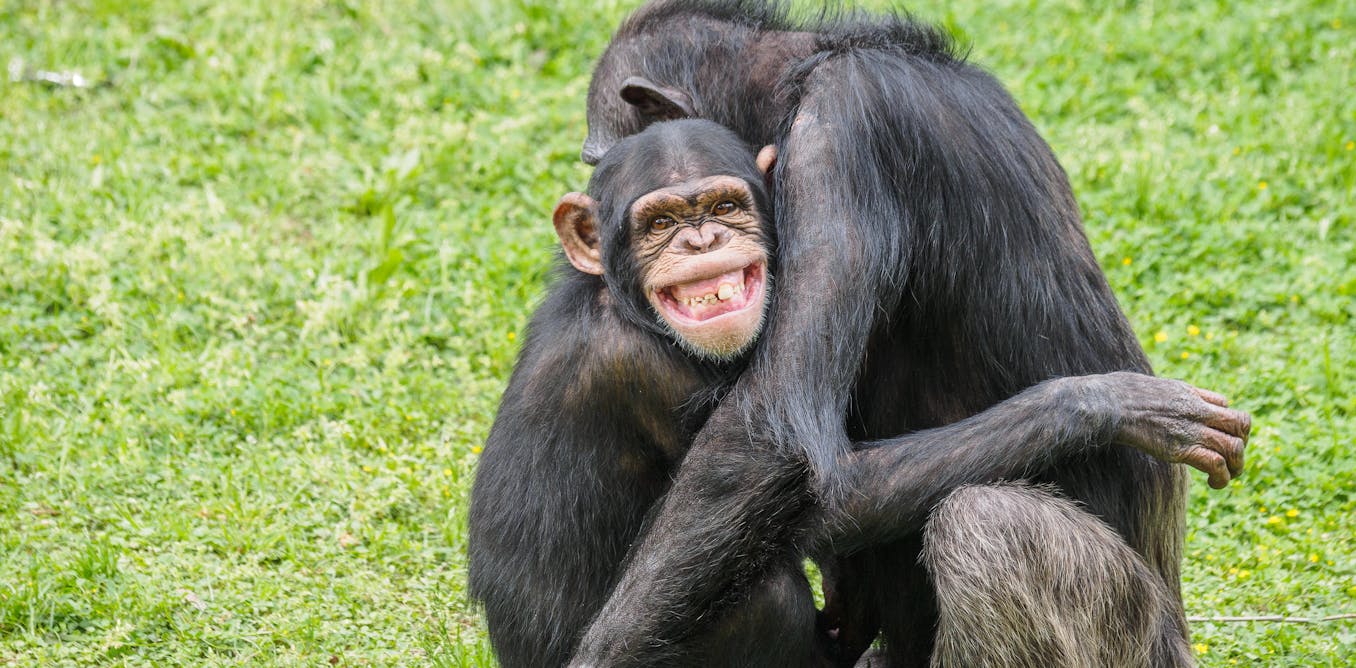Forget ‘Man the Hunter’ – physiological and archaeological evidence rewrites assumptions about a gendered division of labor in prehistoric times
Female bodies have an advantage in endurance ability that means Paleolithic women likely hunted game, not just gathered plants. The story is written in living and ancient human bodies.
Nov. 17, 2023 • ~12 min

